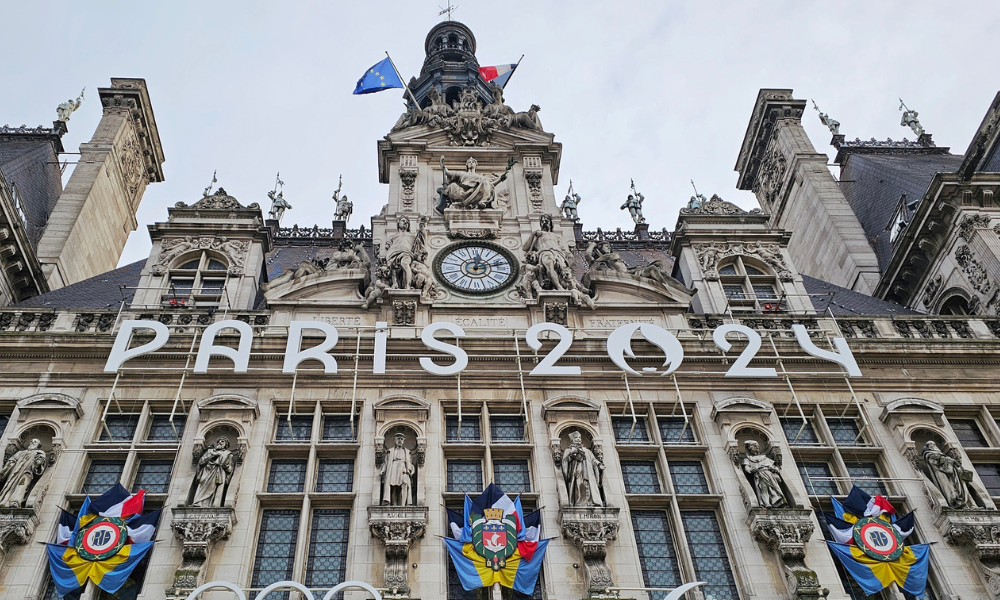
New legislation enhances anti-doping powers available to French authorities

As the 2024 Olympic Games draw near, legal issues are coming to the forefront, impacting both organizational and sports-related aspects of the event, the International Bar Association (IBA) reported.
The Games, scheduled to take place in Paris from July 26 to August 11, are the largest multisport event of the year. The French government has introduced the “Loi no 2023-380 du 19 mai 2023,” a new law addressing these legal challenges. This legislation enhances the security and anti-doping powers available to French authorities. However, the law has faced opposition in the French parliament due to concerns about its stringent security measures.
Diane Mullenex, chair of the IBA Leisure Industries Section and partner at Pinsent Masons, pointed out the delicate balance between ensuring safety and respecting individual freedoms. Mullenex noted the heightened security risks due to the war in Ukraine and the Israel-Gaza conflict, alongside the unique challenges posed by holding the opening ceremony on the River Seine.
The new law permits using algorithms to analyze CCTV footage for security purposes. These images will be used solely to identify and manage potential security threats, with strict regulations ensuring no biometric identification or personal data linkage. The head of police must approve this use, and the public must be informed. Additionally, a judge will oversee the algorithmic processes to ensure compliance with regulations.
Despite these measures, Mullenex anticipates legal challenges, particularly regarding repossessing student dormitories for Olympic accommodations. She also highlighted how the COVID-19 pandemic has acclimated Parisians to restrictions on movement.
On the sports side, several legal cases have garnered attention in the lead-up to the Games. Transgender swimmer Lia Thomas recently lost a case against World Aquatics at the Court of Arbitration for Sport (CAS), preventing transgender women from competing in elite-level races, including at the Paris Olympics. David Sharpe KC, chair of the Sports Law Subcommittee of the IBA Leisure Industries Section, mentioned the potential for an open category for transgender athletes to avoid controversy.
“It’ll be interesting to see if there’s a new open category created so that transgender athletes can compete without any difficulties or controversy,” Sharpe said.
The participation of Russian and Belarusian athletes has also been a contentious issue. CAS upheld the International Olympic Committee's (IOC) suspension of the Russian Olympic Committee, but Russian and Belarusian athletes will compete as neutrals. Sharpe explained that protests against their participation might arise, governed by the IOC's “Rule 50,” which limits athletes' freedom of expression during official Olympic activities. The IOC can impose sanctions to uphold the Olympic truce.
Anti-doping remains a critical legal area during the Olympics. Positive drug tests result in complex legal proceedings, often involving senior lawyers and extensive scientific evidence. Sharpe predicted at least one high-profile doping case during the Paris Games.
In addition, legal issues related to sponsorship and advertising are expected, with strict IOC rules protecting its brand and content. Infringements, given the significant financial stakes, will likely be swiftly addressed.